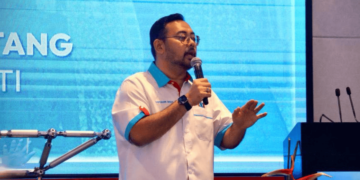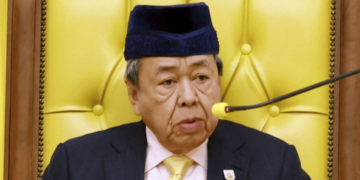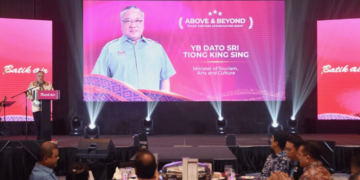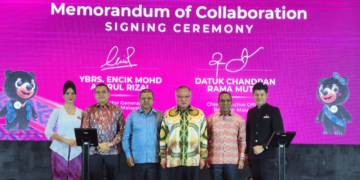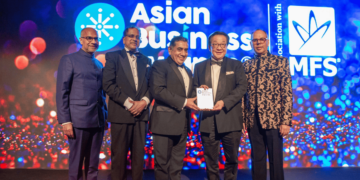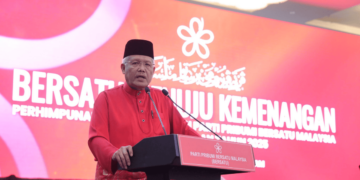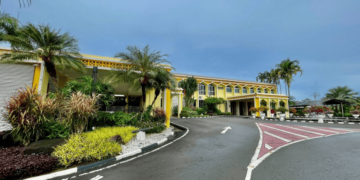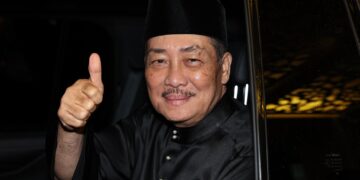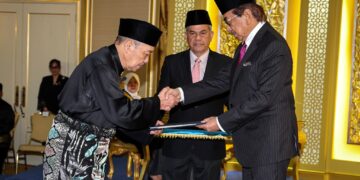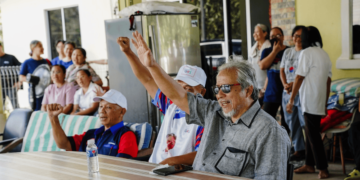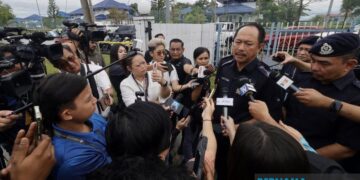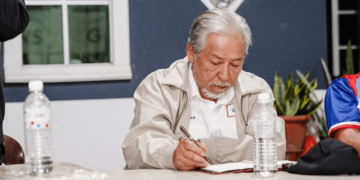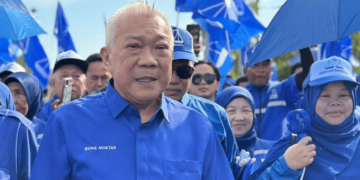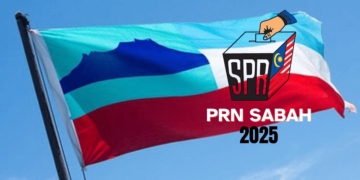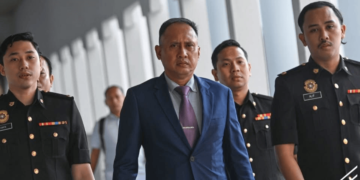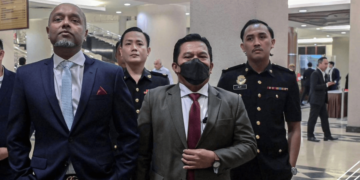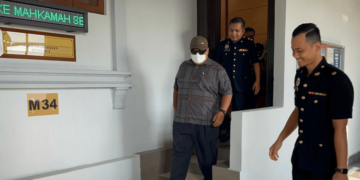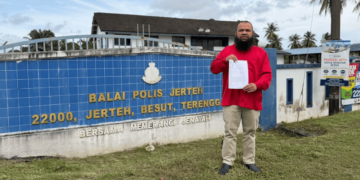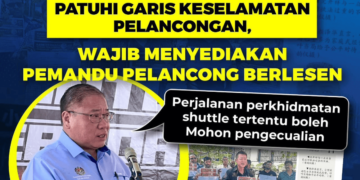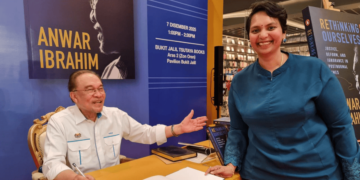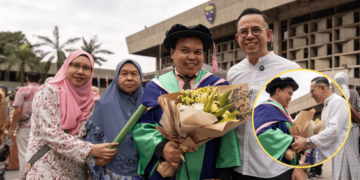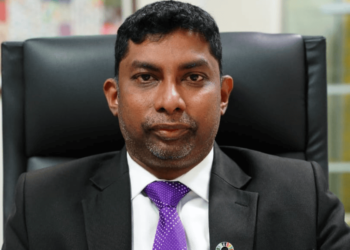By: Cleophas John Gordon
My first encounter with Tan Sri Anifah Aman was in 2015, during my tenure as a reporter for the New Sabah Times, a publication chaired by his eldest brother, Datuk Ayub Aman.
Although the exact occasion of our initial meeting escapes me, my earliest substantive assignment involving Tan Sri was covering the Malaysia Agreement 1963 (MA63) forum he organised at Universiti Malaysia Sabah (UMS).
As a novice in political reporting, witnessing a senior Barisan Nasional Cabinet Minister engaging Opposition leaders on Sabah’s rights was profoundly impactful.
Tan Sri Anifah Aman emerged as a pioneer among his generation, championing Sabah’s constitutional entitlement to a 40 percent revenue return from the Federal Government — as enshrined in Articles 112(C) and 112(D) of the Federal Constitution.
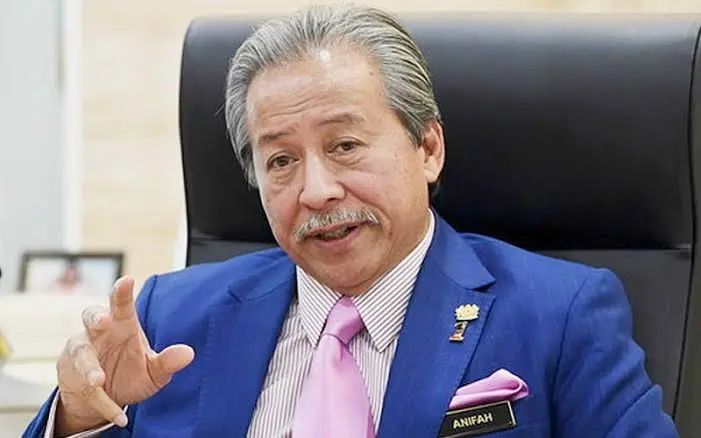
Despite persistent resistance and a lack of support from his Cabinet peers, including those from Sabah, Tan Sri remained steadfast.
Repeated forums convened legal experts, activists, and politicians across the political spectrum, often challenging the prevailing party narrative.
Notably, his elder brother, then Chief Minister Tun Musa Aman, was perceived as acquiescent to Federal interests regarding Sabah’s rights, yet Tan Sri’s advocacy was undeterred.
The 2018 general election marked a watershed moment as Barisan Nasional fell from power, yet Tan Sri retained his Kimanis parliamentary seat.
However, dissatisfaction with UMNO’s handling of MA63 led to his resignation, signaling his unwavering commitment to Sabah.
Subsequently, the courts annulled his electoral victory in 2019, yet he remained resolute, assuming leadership of Parti Cinta Sabah (PCS) and contesting all 73 state seats in the 2020 Sabah state election under the “Sabah for Sabahans” platform.
Although PCS did not secure a single seat, Tan Sri’s persistence was evident.
Today, PCS continues under his leadership as a component of the Gabungan Rakyat Sabah (GRS) coalition, which held the state government until the recent dissolution of the State Assembly.
Sabah’s political climate remains highly volatile, as exemplified by the recent departure of STAR and SAPP from GRS over disagreements regarding national party alliances.
Opposition groups, including Warisan and UPKO, have also adopted increasingly assertive stances on MA63 and Sabah-centric policies.
The Federal Government’s nuanced position regarding the 40 percent revenue ruling underscores ongoing tensions.
Amid these developments, Tan Sri Anifah Aman’s conduct distinguishes him as more than a politician but a statesman.
While some in his position might publicly lament their diminished influence, Tan Sri prioritises collaborative negotiation within GRS and engagement with Federal authorities, recognising the imperative of diplomacy in Malaysia’s federal system.
The lessons of Sabah’s earlier isolation in the 1990s reinforce the merit of his approach.
Internationally, Tan Sri’s diplomatic reputation is well known.
He has earned commendations across numerous countries, notably advocating for Timor Leste’s recent accession to ASEAN, as acknowledged by President Jose Ramos Horta to myself
Should Tan Sri Anifah Aman represent Bongawan in the Sabah Legislative Assembly, his determination and global perspective promise substantial benefits for the constituency.
Tan Sri Anifah Aman’s unwavering dedication to Sabah’s rights, balanced by his commitment to diplomacy and principled negotiation, sets him apart as a statesman of rare caliber.
His legacy is defined not merely by political achievements, but by his resilience, ability to bridge political divides, and his international stature.
That is also the reason why I am serving Tan Sri now.
I am serving because of his steadfast vision and statesmanship.
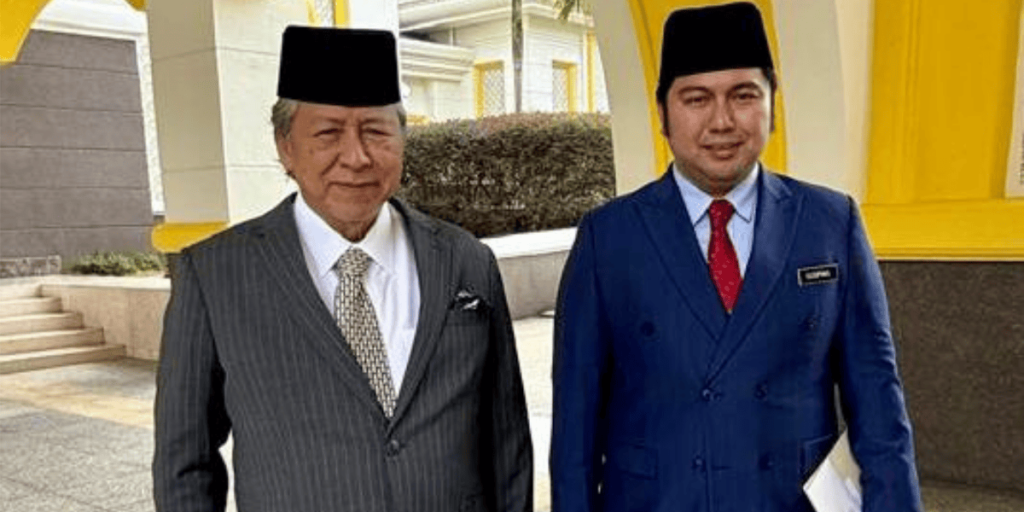
His ability to balance fierce advocacy for Sabah’s rights with pragmatic diplomacy aligns with my own commitment to Sabah’s progress.
I believe in supporting a leader who puts the collective good above personal political gain, who understands that Sabah’s future depends on unity within its people and constructive engagement with the Federal Government.
As Bongawan faces the challenges of a dynamic political landscape, the constituency stands to gain from his leadership, vision, and enduring pursuit of Sabah’s prosperity.
Cleophas John Gordon is a Sabah state civil servant who now serves as Tan Sri Anifah Aman’s Special Officer.




